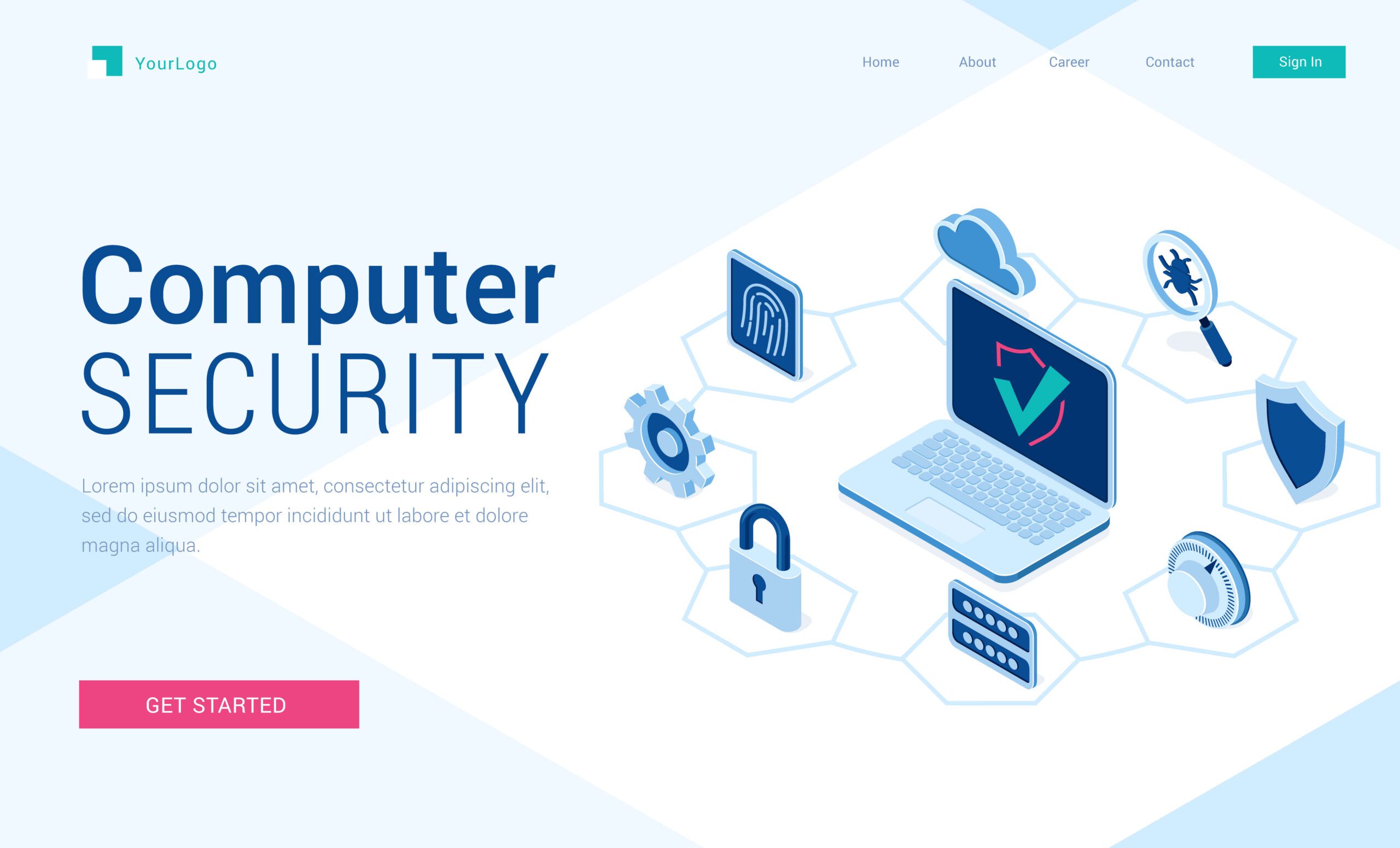Safeguarding systems and data is the cornerstone of computer network security amid the complex web of digital communication.
Because of the constant changes in today’s threat landscape, more robust protection against cyberattacks is needed. Comprehending and practicing strong security measures in a networked society is critical.
Every element—authentication procedures and careful oversight—contributes to a robust network. Learn the essential tactics and best practices that protect your digital space and provide a secure computer environment.
Learn how these preventative actions create an unwavering resistance to changing cyber threats.
What is Computer Network Security?
Computer network security encapsulates various practices and technologies crafted to protect data transmitted across interconnected devices’ integrity, confidentiality, and availability.
It’s the fortress shielding against malicious intrusions, unauthorized access, and data breaches that can disrupt operations or compromise sensitive information. Network security aims to fortify the digital infrastructure, encompassing hardware, software, protocols, and the human element.
Network security creates obstacles to discourage cyber threats by implementing intrusion detection systems, firewalls, encryption, and strict authentication procedures.
Continual risk assessments, vulnerability patches, and regular updates strengthen these defenses. However, network security depends on user education and is not just about technological restrictions. Raising staff awareness of security matters is a crucial first line of defense that lowers the probability of human error.
Computer network security is the collective shield that keeps linked systems safe and dependable in an increasingly digital world.
The Importance of Network Security
Network security is crucial in today’s digital world because everything is interconnected. It protects sensitive data, vital systems, and the general integrity of organizational activities persistently.
Network security is a defense against a wide range of risks always present in the digital sphere, including virus invasions, data breaches, and cyberattacks.
Strong network security guarantees confidentiality and integrity and continuous service and resource availability. Serious repercussions from a breach could include lost money, reputational harm, legal trouble, and interruptions to operations.
Furthermore, as companies depend increasingly on digital infrastructures, the panorama of vulnerabilities grows, demanding more robust security protocols.
Network security is not just a reactionary action; it is a proactive posture that strengthens the basic basis on which contemporary businesses function, giving stakeholders and users confidence by protecting against possible threats and maintaining faith in digital ecosystems.
What Are the Aspects of Network Security?
Network security is a broad concept focusing on several essential elements that strengthen the digital perimeter.
Privacy
Privacy is a fundamental pillar, ensuring that sensitive data remains inaccessible to unauthorized entities during transmission or storage.
Encryption techniques play a pivotal role in safeguarding privacy, rendering data indecipherable to anyone lacking the requisite decryption keys.
Message Integrity
Preserving the precision and dependability of data that is conveyed is known as message integrity. It guarantees that data is transmitted across the network without being changed or corrupted. Data integrity is maintained by methods such as hash functions and digital signatures, which assist in identifying any efforts at manipulation.
Endpoint Authentication
An essential component is endpoint authentication, which confirms the legitimacy of devices or individuals requesting network access. Robust authentication systems, such as multi-factor authentication or biometrics, confirm the authenticity of endpoints and prevent unwanted access.
Non-Repudiation
Non-repudiation stops parties from retracting their acts, which creates accountability. By guaranteeing that actions carried out within the network can be tracked back to their original creators, it helps avoid denied transactions or responsibilities.
Every component adds to multi-layered protection, which creates an unbreakable barrier against cyberattacks, boosts confidence, and guarantees safe information transfer over the internet.
Top 10 Ways to Secure a Computer Network
By putting these precautions in place, the network’s defenses against different cyberattacks are strengthened, and a strong security posture is created that protects confidential data, keeps operations running smoothly, and increases overall resilience against changing dangers.
Install and Track Firewall Performance:
Install strong firewalls and closely monitor their functionality. Set them up to filter both inbound and outbound traffic to stop malicious activity and illegal access.
Update Passwords Frequently:
Make sure your passwords are complicated, strong, and updated frequently. Multi-factor authentication (MFA) should be used to provide more security layers.
Leverage sophisticated Endpoint Detection:
Using sophisticated endpoint detection and response (EDR) tools to identify and reduce risks across all network-connected devices.
Create a Virtual Private Network (VPN):
Use a VPN to encrypt data transferred across networks, particularly when accessing sensitive data remotely.
Employee Training:
Provide recurring security awareness training to staff members. Inform them of social engineering, phishing scams, and risk-reduction best practices.
Email Security:
Use strong email filters to stop malicious emails, spam, and phishing scams. Urge staff members to avoid opening dubious attachments or links.
Power Management:
To reduce the time a computer is vulnerable to attacks, turn it off when not in use.
File Encryption:
Even in cases where data is hacked, encrypt important files and data to prevent unwanted access.
Secure Personal Devices:
Establish procedures for protecting personal gadgets used for business, ensuring they follow the same security guidelines as equipment supplied by the organization.
Seek Professional Assistance:
Feel free to ask IT or cybersecurity specialists for assistance. Conduct routine audits and security assessments to find vulnerabilities and take aggressive measures to fix them.
Safeguarding Your Digital Fort: Embrace Succuri’s Expertise
Network security is a need rather than an option in a pervasive world of cyber dangers. In this cyberwarfare, Succuri is your reliable ally, providing strong solutions to protect your digital assets.
Adopt preventative security measures and use Succuri’s experience to strengthen your defenses.
Boost network security, safeguard your online reputation, and guarantee continuous functioning. With Succurri , be proactive today and strengthen your digital defenses against ever-changing threats.
Want to learn more about what a Managed Security Services Provider is? Listen to Succurri partner, Grant Eckstrom, and Fractional CMO, Tony Lael, discuss the topic in more depth in this video.







